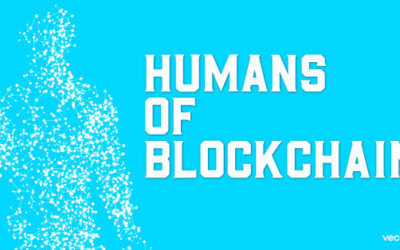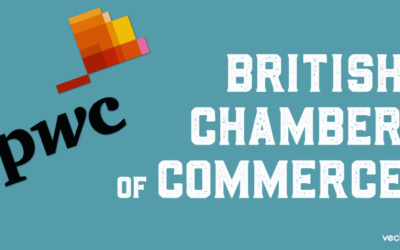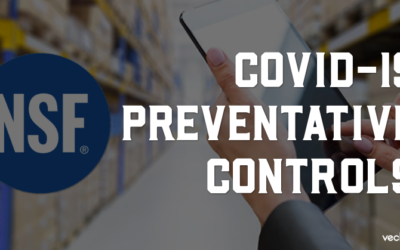One of VeChain’s closest strategic partners spent the week focused on the medical industry – an industry in China desperate for reform and modernization. Burdened with one of the lowest doctor-to-patient ratios in the world, the public hospital systems remain overwhelmed, while private clinics are under-utilized, especially in rural regions. Patients show a clear lack of trust and respect for most medical professionals, a characteristic that often leads to violent attacks when they feel unsatisfied with the quality of medical service.
While healthcare has always been a focus of DNV GL, this week was a bold statement with the signing of a strategic cooperation with Deloitte China. Their partnership focuses on improving the standards of hospitals and medical facilities throughout China through training, consulting, formal certification, and improving the supply chains. While VeChain was not mentioned in the formal press release, these are all use cases that VeChain, DNV GL, and Deloitte have collaborated on in the past.
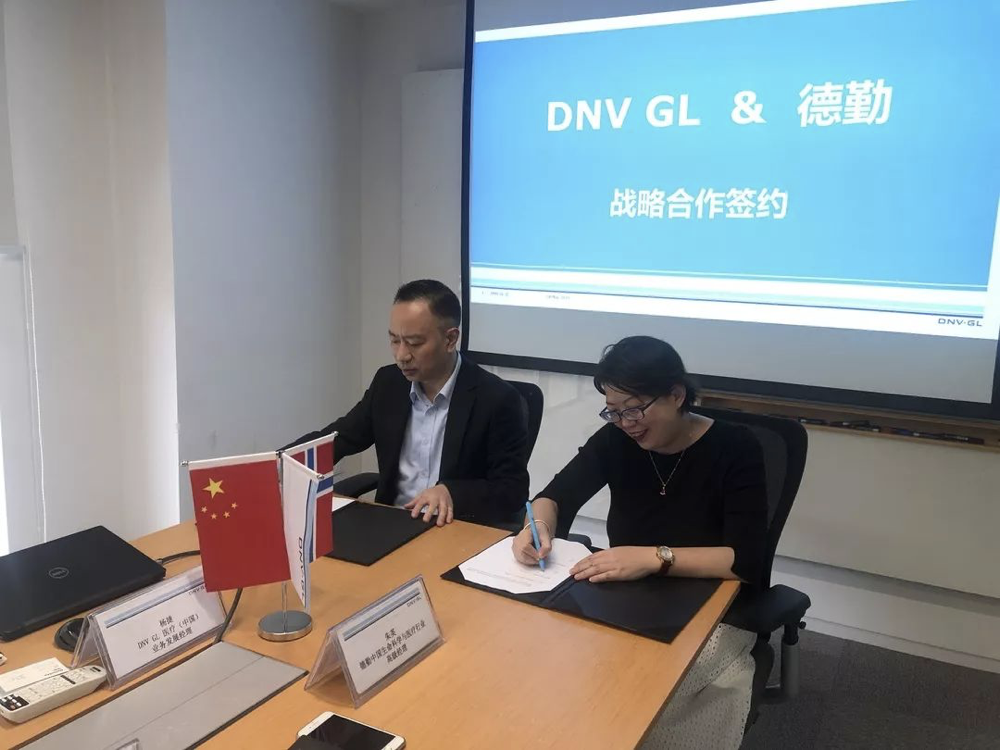
May 14th – DNV GL Business Assurance for Greater China CEO George Kang attends the signing ceremony. Kang is a member of the VeChain Steering Committee.
“As the largest professional service organization in the world, Deloitte helps the Chinese medical organizations to integrate international standardization and promote the sustainable and healthy development of the industry through the service capabilities and advantages of global network, technological innovation and operation management.”
Ms. Wu Ping, Leading Partner of Deloitte China Life Sciences and Medical Industry
This week also saw the 81st China International Medical Equipment Fair hosted at the Shanghai National Expo & Convention Center. DNV GL Management Group worked with partners to present the expo, which is the largest medical device expo in the Asia-Pacific region.
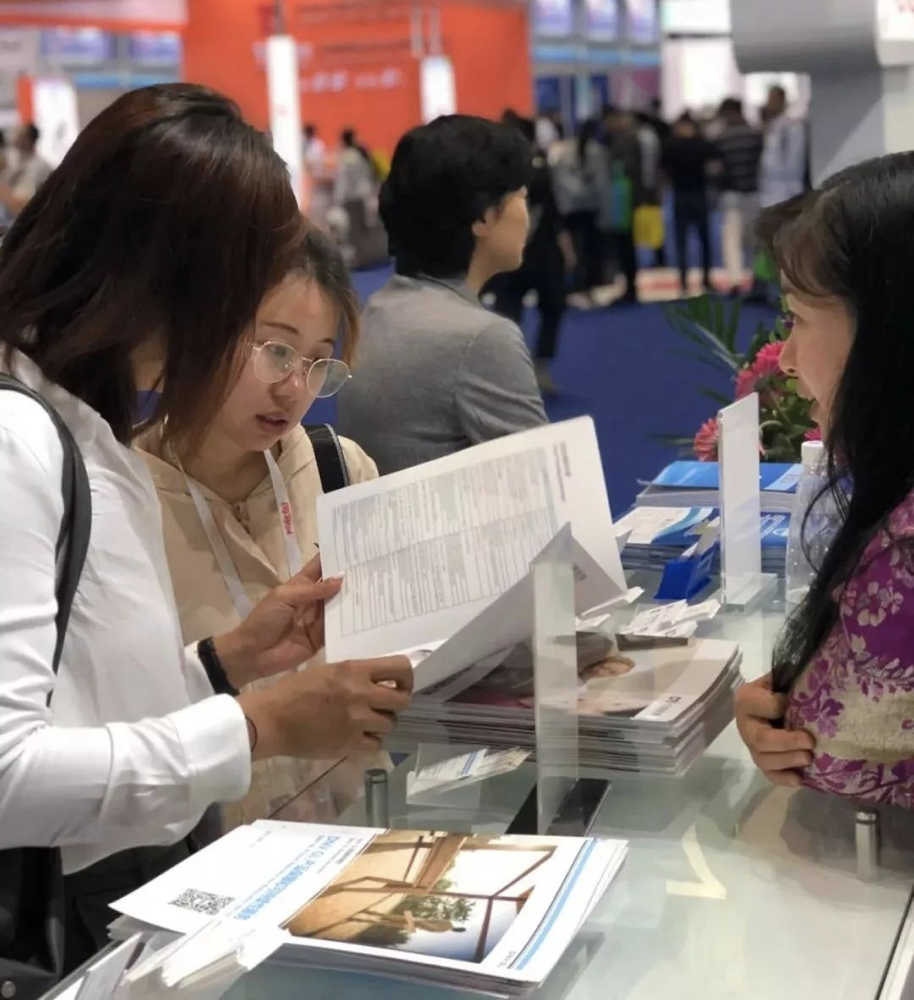
DNV GL has strategic partnerships with many medical device manufacturers, and uses its certification services to promote a higher standard of equipment and facilities throughout the region. This year’s theme was “Intelligent Reconstruction of the Future” and focused on emerging technologies such as AI, robotics, blockchain, big data, and 3D printing.

VeChain and DNV GL also added Renji Hospital to the Low Carbon Digital Ecosystem. This influential and historic hospital will provide priority services to ecosystem users, incentivizing a whole new segment of the population to take part in eco-friendly activities. VeChain’s blockchain technology can play a major role in modernizing traditional healthcare information systems and supply chains. By working with DNV GL and other strategic partners, VeChain has an advantage over many other public blockchains in the industry.



